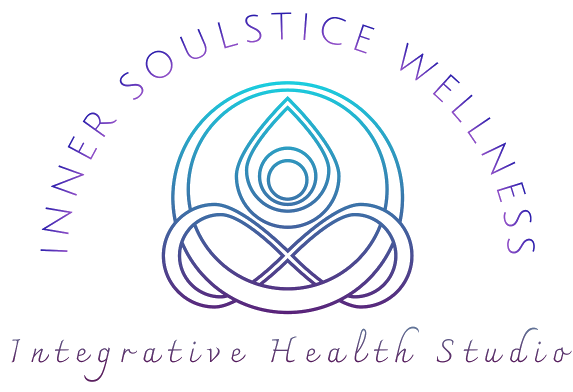Facility Terms of Use
In the Yoga Sutra, Patanjali delineated the eight limbs of yoga. These precepts are intended as guidelines to living a life with meaning and purpose. They may be seen as a kind of map for seekers of greater happiness and spiritual fulfillment. The first limb consists of the yamas: ethical practices or actions that we do. The niyamas are the second limb: experiences or states wherein the actions we have performed then create situations in our lives that we can observe and contemplate. In other words, they are personal observances. The yamas and niyamas are just the first two limbs on the eight-limbed path of yoga. Imagine these eight limbs as a ladder. Just as one can’t step safely onto the second rung of a ladder without stepping on the first, one must first practice the actions of the yamas to properly observe the niyamas. So by practicing the yamas: ahimsa (non-violence), satya (truthfulness), asteya (non-stealing), brahmacharya (continence) and aparigraha (non-attachment), we’ve created the conditions for the first niyama, saucha, to come to fruition.
Saucha translates as purity. This is often reduced to cleanliness or a lack of excess. It’s important to keep the outside of the body clean by washing frequently; to keep the inside of the body pure by eating and drinking moderately and choosing food and drink that is clean, healthy and fortifying; and to maintain order in our living and working spaces. But in its truest sense as a niyama, or observance, saucha refers to a pure situation engendered by our actions, a situation wherein unwanted things don’t appear and the conditions for goodness and happiness do. This situation of purity created by our actions we can then notice and experience. When we interpret saucha in this way it’s a reminder to examine the intention behind what we think, say or do. We can ask ourselves: will this create more or less suffering for me and those who are affected by my actions, words or deeds? This interpretation of saucha encourages us to act out of compassion rather than judgment to generate positive and affirming conditions. We then create a pure situation in which we can practice yoga well.
At Inner Soulstice Wellness we lean on the internal alignments and observances of yoga tradition to keep the studio clean for your comfort and sanitary safety. To do so, it is a collaborative effort from all participants.
- Please wear clean clothing and socks. {We gently request that you do not come directly from a heavy workout, surfing/hiking to attend classes at ISW which may require the use of blankets and bolsters that will touch the body.}
- Footwear is not used in the studio because we often have our bodies on the floor.
- Only water that can be sealed when put away is kindly preferred.
- All participants are to wipe down their mats and other equipment used after class. Towels and spray are provided for this.
- Please do not flush feminine products down the commode.
- Please use the seat protectors provided for you in the restroom and leave a clean seat before you exit. {If you drip, don’t let the next person sit without taking care of it!}
- We sweetly encourage conscientious use of water, soap and paper towels.




